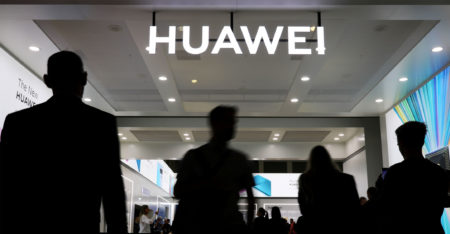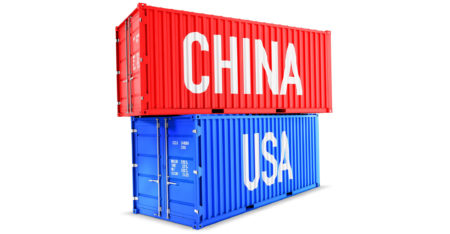Amid the coronavirus pandemic, another event has almost been missed: the birth of a new kind of fiat currency, which could forever reshape the relationship between money, economic power and geopolitical clout.
Browsing: In-depth
The latest US government action against Huawei takes direct aim the company’s HiSilicon chip division – a business that in a few short years has become central to China’s ambitions in semiconductor technology.
Dramatic changes at Uber represent a humbling of the ride-hailing giant, which has offices all over the world and has advertised its ambitions to become a one-stop-shop for global travel.
China’s biggest technology firm, Huawei, has risen to global prominence as a leader in 5G. It’s also become a major target for the US as China’s technological prowess has grown along with its ambitions.
Google’s dominance of the digital advertising market is harming advertisers, news publishers and consumers, according to a paper that outlines how the US could bring an antitrust case against the Internet giant.
On the night of 20 April, Christian Klein gained two major responsibilities. He became a father for the second time. And Klein was named sole CEO of SAP.
Ever since Donald Trump fired the first shot in the US trade war with China, one technology company has been sitting in the middle, trying to avoid the crossfire.
The post-pandemic landscape will be very different. The individual’s autonomy over their data may be lost forever. Our mobiles will keep us safe – by spying on us.
The rapid emergence of the pandemic defaulted policy to intervene first and ask questions later. But the dust is now settling, and the strategic endgame can and should be made transparent.
President Cyril Ramaphosa has won praise for his response to the coronavirus outbreak. Now, he’s risking a public backlash after members of his cabinet reversed some of his measures and made racially charged statements.










